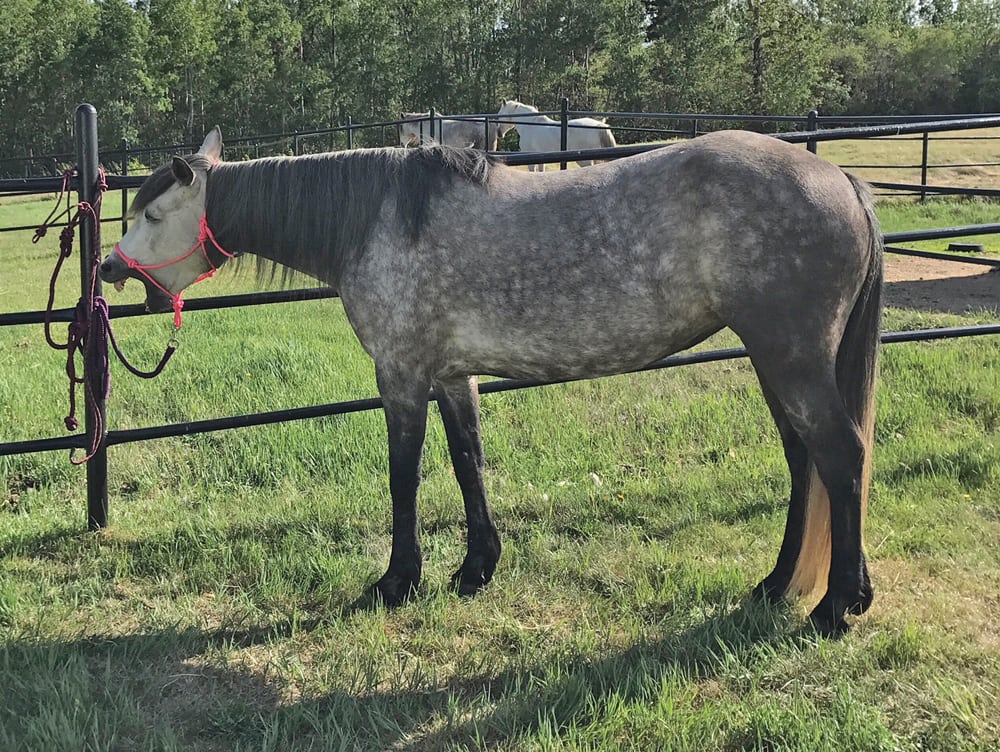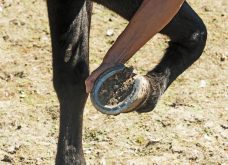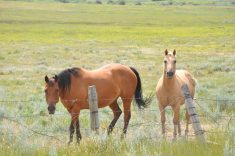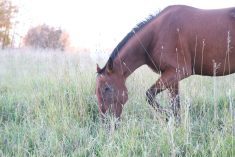Horse enthusiasts often question, “What does it mean when a horse yawns?” and, “Is it a good thing or is it bad thing?” The short answer is it all depends, and here is why.
Both humans and horses yawn, however, the triggers for yawning in horses is not the same as that for the yawn in the human.
Humans take a big intake of fresh air upon inhalation and yawn in response to a transient drop in blood oxygen levels. This creates a physiological adjustment.
Read Also
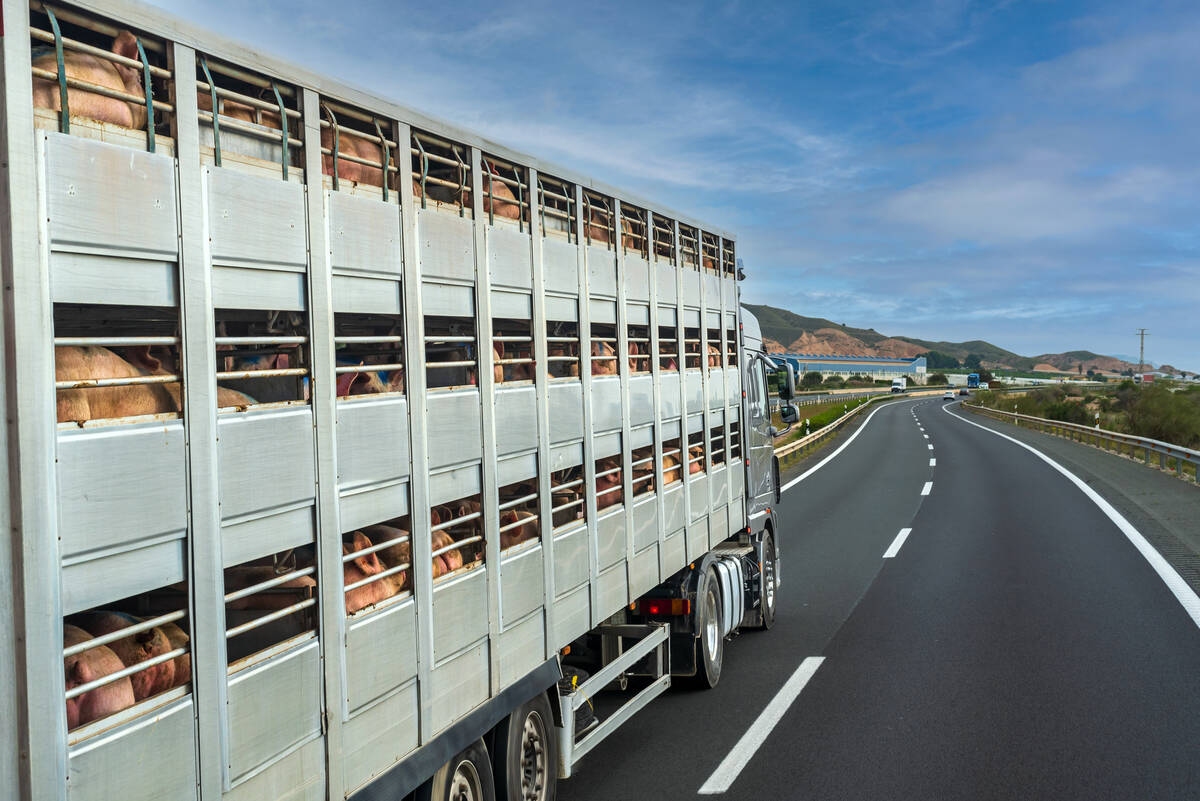
Pig transport stress costs pork sector
Popular livestock trailer designs also increase pig stress during transportation, hitting at meat quality, animal welfare and farm profit, Agriculture and Agri-Food Canada researcher says
The physiology of yawning in horses has not been investigated as closely as that of people, and it is even debatable whether horses are inhaling while yawning or only appear to be doing so. What has captured the interest of the scientific world though regarding yawning in horses is the connection of yawning to the animal’s welfare.
This connection has been so repeatable that the yawning event in horses has been proposed to be a significant marker in evaluating the welfare of horses.
First it will be important to recognize any medical condition(s) which may be initiating excessive yawning in horses. Frequent yawning in horses can be a symptom of gastric ulcers, gastrointestinal discomfort, tempo-mandibular tension/pain, and/or liver distress. Horses frequently yawn following the removal of the bridle, presumably to release the tension in their jaw muscles.
Once medical conditions have been ruled out as a possible trigger for yawning, the yawning “event” may signify the emotional, physical and mental well-being of the horse.
When European researchers studied various groupings of horses with different lifestyles: horses living in stalls, a group of saddle horses living together in a semi-natural turnout situation, and a group of Przewalski (wild) horses in a preserve, their observations found good reason to consider yawning to be a displacement activity in horses to release tension(s).
Horses living is stalls and/or more confined enclosures exhibited a higher incidence of stereotypic behaviours such as cribbing and weaving, as well as yawning. A higher frequency of yawning was related to increased frustration in horses kept in a restricted stabling environment with a lower frequency of yawning observed in undisturbed pastured social groups.
The context and environment within which the horse yawns must be taken into consideration when determining the relevance of the yawn. For example, stabled horses that yawn frequently may be releasing the distress of gastric ulcers and social isolation while horses in turnout situation may be releasing the tension of social interactions with another herdmate and the young horse being ridden may be yawning in response to the relief of pressure from a learning moment.
Horses will also yawn in response to the tension(s) released with meaningful modalities and therapies. These can include but are not exclusive to bodywork like chiropractics, massage, craniosacral, acupuncture, hoof or dental care, aromatherapy — even veterinary care. The horse feels the relief in response to the change that has been initiated by the modality.
The horse seeks to feel better and understand its surroundings and environment. The astute and aware horse owner can gather and glean substantial value and practical information about the physical, mental and emotional welfare of a horse when it yawns. The challenge however, lies in correctly decoding the yawn. Is the yawn, just a yawn, or an indication of something more?






